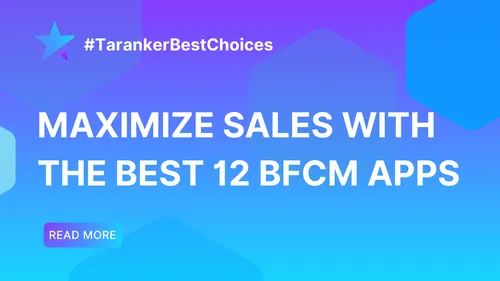
Affiliate marketing is a performance-based marketing strategy where businesses reward affiliates (partners) for driving traffic or generating sales through the affiliate's promotional efforts. Affiliates earn a commission by promoting a company’s products or services via unique referral links on websites, social media, or other online platforms. When a visitor clicks the link and makes a purchase, the affiliate receives a portion of the revenue.
This marketing model is popular because it’s cost-effective for businesses and offers earning opportunities for affiliates with minimal upfront investment.
How Does Affiliate Marketing Work?

Affiliate marketing operates on a commission structure that typically includes the following parties:
-
Merchant (Seller/Advertiser): The company that offers the product or service.
-
Affiliate (Publisher): The individual or company that promotes the merchant's products and earns a commission for successful referrals.
-
Consumer: The end-user who purchases a product through the affiliate's referral.
-
Affiliate Network (optional): A platform that connects merchants and affiliates, managing payments and tracking.
Why is Affiliate Marketing Important?

Low-Cost Entry: Affiliates can start without creating products or managing inventory.
Passive Income: Once established, affiliates can earn recurring commissions as long as people continue to purchase through their links.
Scalability: Businesses can reach a broader audience without spending on traditional marketing methods.
Benefits of Affiliate Marketing

For Businesses:
-
Cost-Effective: You only pay for actual sales or leads generated.
-
Extended Reach: Affiliates help expose your products to new audiences.
For Affiliates:
-
Flexibility: You can work from anywhere and choose products aligned with your audience.
-
No Inventory: Affiliates don’t need to handle product fulfillment, making it a low-maintenance revenue stream.
Types of Affiliate Marketing Models
Pay-Per-Sale: Affiliates earn a percentage of the sale when someone buys a product through their link.
Pay-Per-Click (PPC): Affiliates earn money when users click the referral link, regardless of whether a purchase is made.
Pay-Per-Lead: Affiliates earn commissions when referred visitors complete a specified action, such as signing up for a newsletter or filling out a form.
How to Get Started in Affiliate Marketing

Choose a Niche: Focus on a niche where you have knowledge or passion to build credibility.
Join Affiliate Programs: Sign up for affiliate programs related to your niche (e.g., Amazon Associates, ShareASale, CJ Affiliate).
Create High-Quality Content: Whether through blogs, videos, or social media, create valuable content that drives engagement. Learn about effective content marketing strategies to boost your affiliate efforts and grow your brand’s online presence.
Track and Optimize: Use analytics to monitor your traffic and optimize your strategy for better conversions.
Challenges in Affiliate Marketing

High Competition: Popular niches may be saturated, making it difficult for new affiliates to break through.
Compliance: Affiliates must comply with guidelines such as the FTC’s disclosure requirements to inform users about affiliate relationships.
Low Margins: Some affiliate programs offer low commissions, requiring high traffic to generate significant income.
Leveraging Social Media for Affiliate Marketing Success
To make the most out of affiliate marketing, it’s crucial to incorporate social media into your promotional strategy. By creating engaging campaigns on platforms like Facebook and Instagram, affiliates can reach larger and more targeted audiences. Learn how to create effective social media campaigns that drive traffic to your affiliate links and increase conversions.
Conclusion: Why Affiliate Marketing Works
Affiliate marketing is a win-win strategy where both businesses and affiliates benefit. For businesses, it's a cost-efficient way to boost visibility and sales. For affiliates, it offers the flexibility to earn income by promoting products they believe in, with minimal financial risk. As e-commerce continues to grow, affiliate marketing remains a powerful tool for both entrepreneurs and established businesses.













